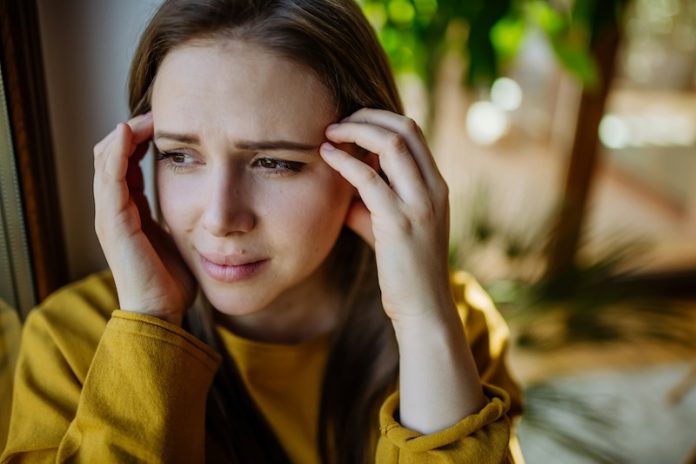
Anxiety is something many people experience—whether it’s worrying about a job interview, public speaking, or a loved one’s health. But what’s less known is how anxiety can affect the body, not just the mind.
Many people with anxiety also report physical pain. So, is there a real link between anxiety and pain? The answer is yes.
When you feel anxious, your body goes into “fight or flight” mode. This is a natural stress response that gets your body ready to face a threat. Your brain sends signals that release stress hormones like cortisol and adrenaline.
These hormones speed up your heartbeat, tense your muscles, and make you breathe faster. While this is helpful in short bursts—like when you need to escape danger—it becomes a problem when anxiety lasts a long time.
One major way anxiety causes pain is through muscle tension. If you’re feeling anxious often, your muscles may stay tight for hours or even days. This can lead to soreness in your neck, shoulders, or back. Some people also get tension headaches or jaw pain from clenching their teeth without realizing it.
Another effect is through your nerves. A 2021 study in the journal *Pain* found that people with high anxiety levels were more sensitive to pain. Their brains processed pain signals more strongly than people without anxiety. This suggests that anxiety doesn’t just make you feel more tense—it can actually make pain feel worse than it is.
Researchers have also found links between anxiety and chronic pain conditions. For example, fibromyalgia, which causes widespread pain, is strongly linked to anxiety.
A 2020 study from Harvard Medical School reported that people with anxiety were more likely to develop long-lasting pain conditions, including fibromyalgia and irritable bowel syndrome (IBS). IBS is known for causing stomach pain, bloating, and changes in bowel habits—and it often flares up during times of stress or worry.
Anxiety can even change the way you move. When people are anxious, they might hold their body in strange or stiff positions without realizing it—leading to back or joint pain. Also, anxiety can make you more aware of every ache and twinge, which means small discomforts may feel like big problems.
The good news is that treating anxiety often helps reduce pain. Therapy, especially cognitive behavioral therapy (CBT), has been shown to ease both anxiety and physical symptoms. Relaxation techniques like deep breathing, meditation, and gentle exercise can also help release muscle tension and calm the nervous system.
In short, anxiety doesn’t just stay in your head. It affects your whole body—and that includes real, physical pain. If you experience both anxiety and pain, you’re not imagining things. Talking to a doctor or therapist can help you find ways to feel better, both emotionally and physically.
If you care about pain, please read studies about vitamin K deficiency linked to hip fractures in old people, and these vitamins could help reduce bone fracture risk.
For more health information, please see recent studies that Krill oil could improve muscle health in older people, and eating yogurt linked to lower frailty in older people.
Copyright © 2025 Knowridge Science Report. All rights reserved.



